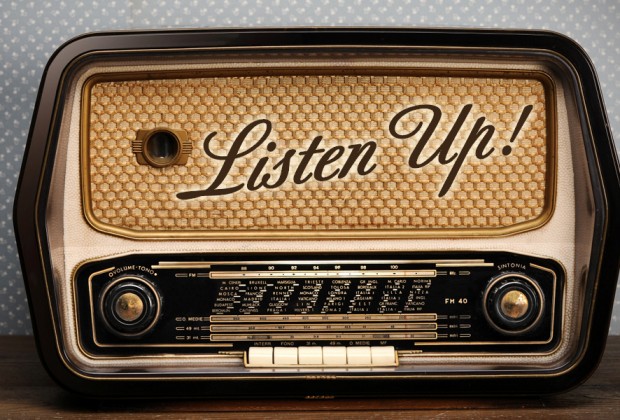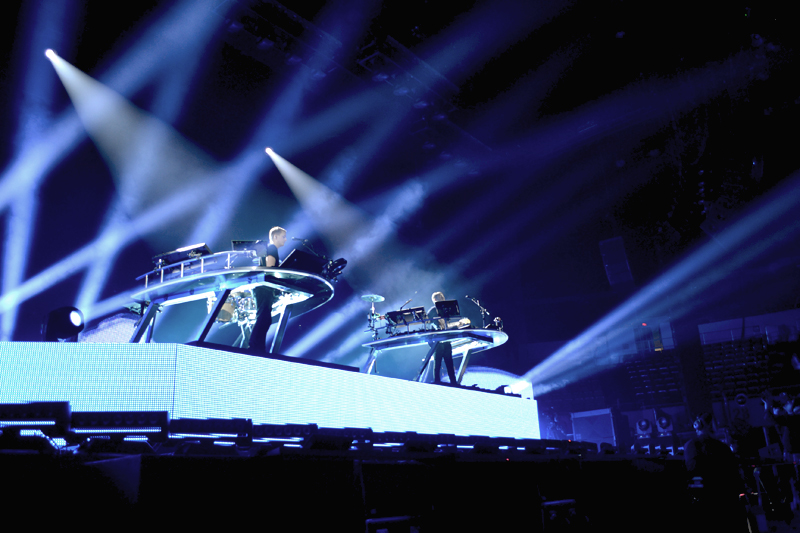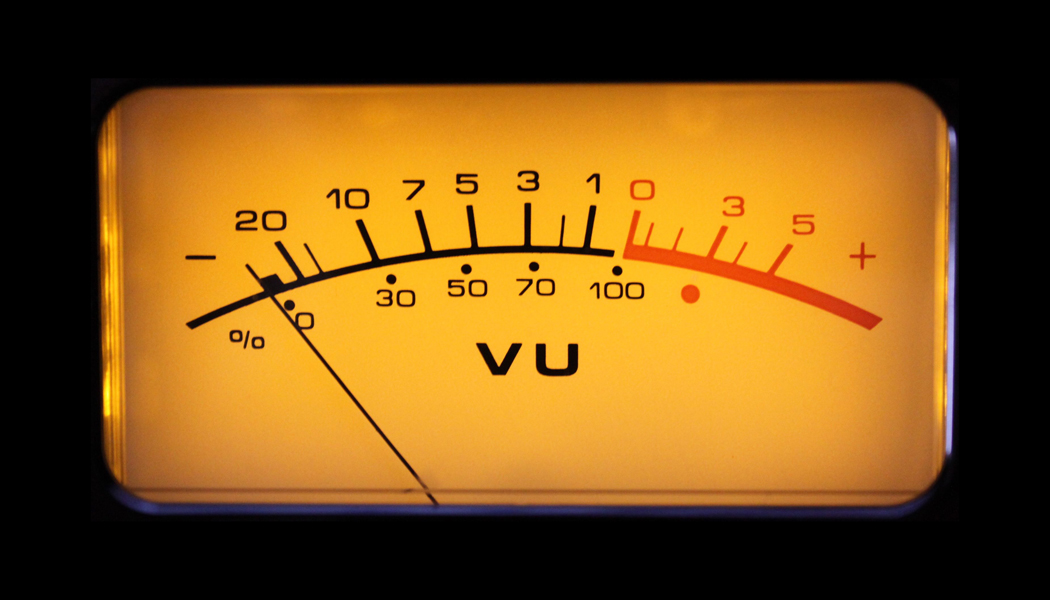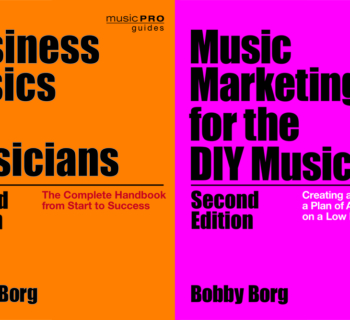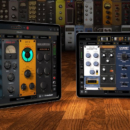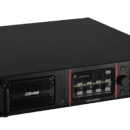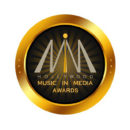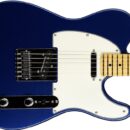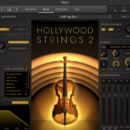Radio Promotion is the process of soliciting your music to radio stations to get airplay, to build professional relationships and to make fans. College radio stations, commercial specialty shows (the “locals only” type shows on commercial stations at the end of the week), web radio stations and satellite radio stations are all great places for independent musicians to promote their music. What follows is a dozen tips that can help you to maximize your next radio promotion campaign.
1. Create a Contact List: Create a target station list of all radio mediums by using Radio-Locator (radio-locator.com), Indie Bible (indiebible.com), Live365 (live365.com) and, of course, Music Connection magazine (musicconnection.com/industry-contacts). Write down the station name, show name, DJ, submission policy, “call time” (the time the DJ accepts calls) and email.
2. Prepare the Materials: Prepare the proper materials for your campaign including a broadcast quality master (CD or MP3), a “one sheet” that includes important information (such as your name, picture, brief bio and your accomplishments) and a short note or cover letter or email indicating your objectives for sending your music.
3. Follow Up: Call or email the station one week after sending your music to see if they received it and ask for feedback. Be prepared to call back or write repeatedly to reach the DJ or music director. Also be patient and be extremely nice. This is a very important step in the process.
4. Send a “Thank You” Note: If your music gets played, send the DJ a “Thank You” card for adding your music, and let him/her know that you really appreciate his/her support.
5. Ask for Testimonials: Request positive quotes from the DJ about your music to use in your promotional packets and websites. A testimonial that reads: “Jason Bentley of KCRW calls us the next big thing!” can look quite impressive in a bio posted on your website.
6. Schedule an Interview: Schedule live station interviews and station performances. I have found college radio stations particularly interested in interviewing new local bands. The promotion generated from such a visit may even lead to performing live at one of the school’s upcoming events.
7. Offer Giveaways: Offer records, merchandise and concert tickets that the DJ can give away on his/her show. I have found web and college radio station DJs totally open to doing this. Giveaways can help spread the word of mouth about your band and help get a few more people to your shows.
8. Send Station IDs: Send in pre-recorded “station identifications” (e.g., “This is John Doe and you’re listening to KXLU.”). DJs typically get a kick out of station IDs and will often play them while on air. The more times that your name is mentioned, the greater your brand recognition.
9. Record a Station Drop: You can provide stations with pre-recorded “station drops” (where you re-mix a song to include a specific station’s call letters or DJ’s name). While this is an older example, I can’t forget when Nelly dropped his song “Hot in Here” for Power 106 in Los Angeles, re-wording the line: “Got Off The Freeway, Exit 106 and parked it” to something like “Got Off Freeway 101, Exit Power 106 and rocked it.” The DJs loved it so much, they played the song two times in a row on their morning show
10. Invite the DJ: Invite the DJ to your shows as a guest. I remember the Los Angeles indie band Death To Anders telling me about how cool Kat Corbett of KROQ’s Locals Only was when they approached her in a Silver Lake club and asked her to come out to their show. Hey, sometimes you just have to put yourself out there and ask.
11. Ask the DJ to MC a Show: Should you be able to get a local DJ to take you up on your offer to come out to your show, you might even pitch them one step further––to come up on stage and introduce your band. This can immediately boost your credibility.
12. Get Fans To Call: Ask your fans to listen to the station and to inquire about your music when they hear it. Just be sure that this is done organically (meaning that your fans don’t call non-stop for one day requesting your single and then stop. The station will know that you put your fans up to it and may even become annoyed with you).
Overall, remember that your promotional goals for radio should be to form long-term relationships that can lead to other promotional opportunities. DJs and other radio personnel are known to refer bands to important contacts, like other radio DJs, local club bookers and owners of mom-and-pop retail stores. They also go on to work at commercial stations, and this might be an “in” for you down the road. I call this creating the “clique of the future” and sealing your fate.
As English author Samuel Butler once said, “The future is purchased by the present.” Cheers and good luck.
BOBBY BORG is the author of Music Marketing For The DIY Musician: Creating and Executing a Plan of Attack On A Low Budget (September 2014). Full of great tips, the book is available on the Hal Leonard website under “Trade Books,” bit.ly/1po5FyO (ISBN: 9781480369528); AMAZON amzn.to/X4Fwst; or Bobby Borg (bobbyborg.com).

